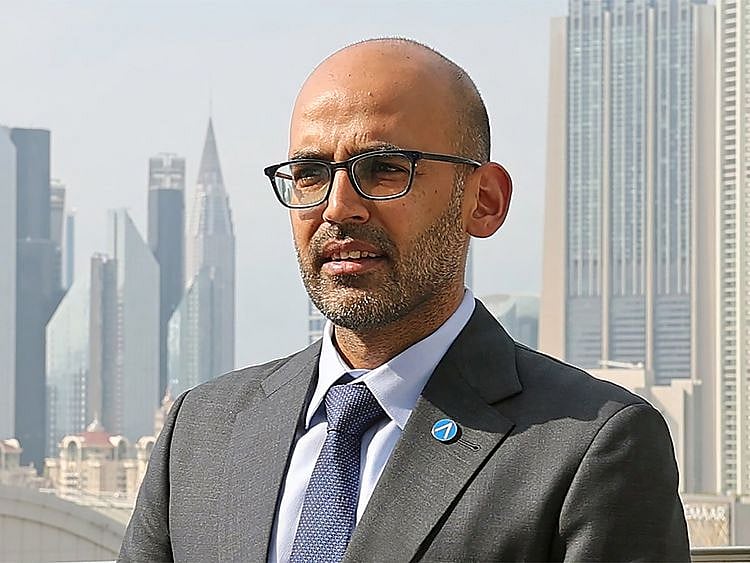What should children learn in schools and colleges as knowledge gets outdated rapidly?
Avasant consultant Akshay Khanna suggests solutions in a fast changing job environment

Dubai: With technology changing rapidly, experts say most of what students learn in schools and colleges will be outdated by the time they join the workforce.
So what exactly should children be taught?
“Some things that are not going to change ever,” says Akshay Khanna, Managing Partner, Avasant. “They should be taught how to take a particular technology solution and apply it to problem-solving – using the skills that are at their disposal. That's the core skill.”
Khanna was speaking on the sidelines of Empowering Beyond (EB) - Middle East 2024, an event organised by Avasant at which Industry leaders discussed measures to help companies navigate disruption.
The Avasant foundation focuses on three E's - education, employment and entrepreneurship. “So, we're constantly devising newer curriculum and teaching some of these life skills. It could be something as simple as how I can market or sell my business better so that I can be more effective,” Khanna says.
“The toolsets that we have at our disposal are going to change. For example, people used to learn programming - you learn one language in programming, and then you learn another, and so on. But the basic construct is very similar in terms of how you structure a problem, how you solve for it.
“With ChatGPT and generative AI, English is the new programming language. So, you can write in English. It's all about understanding the problem, what we are trying to solve. How can we solve it creatively? How can we think in an unconstrained environment? Those are the skills and values that children need to learn.”
Khanna suggested going back to the basics and focusing on skills like storytelling and communication. “I think innate curiosity has to be there. If there is a way to teach curiosity, the ability to ask the right questions so that you can get to the bottom of the problem – that is one area I would focus on. I would also focus on storytelling and communication, because sharing your ideas with the broader community is supremely important. That's not going to change 100 years from now.”
Khanna says the GCC region, the UAE and Saudi Arabia in particular have an opportunity to be talent magnets.
“We see a lot of policy initiatives and push that is happening that can really drive that change. And because of the rapid change in technology adoption anyways, the skill that somebody learned about 12, 18, 24 months ago, is not really relevant. You've got to keep reskilling and upskilling yourself every 24, 36 months as that cycle is really shortening.”
Middle East ahead in tech adoption
Anupam Govil, Managing Partner, Avasant, said the Middle East is ahead in terms of technology adoption.
“What we're doing here is presenting our global point of view on how technology is impacting different industries, what leading companies are doing to disrupt and lead in their sectors, and overall, how businesses can continue to support themselves amid geopolitical turmoil or economic downturns by leveraging technology and business transformation to grow and be competitive."
He said the aim of the event is to inform and “educate our ecosystem on how they can integrate various aspects of digital technology— Gen AI, blockchain, IT, or automation — with business transformation to help their businesses thrive despite economic and geopolitical challenges.”
Sign up for the Daily Briefing
Get the latest news and updates straight to your inbox
Network Links
GN StoreDownload our app
© Al Nisr Publishing LLC 2026. All rights reserved.